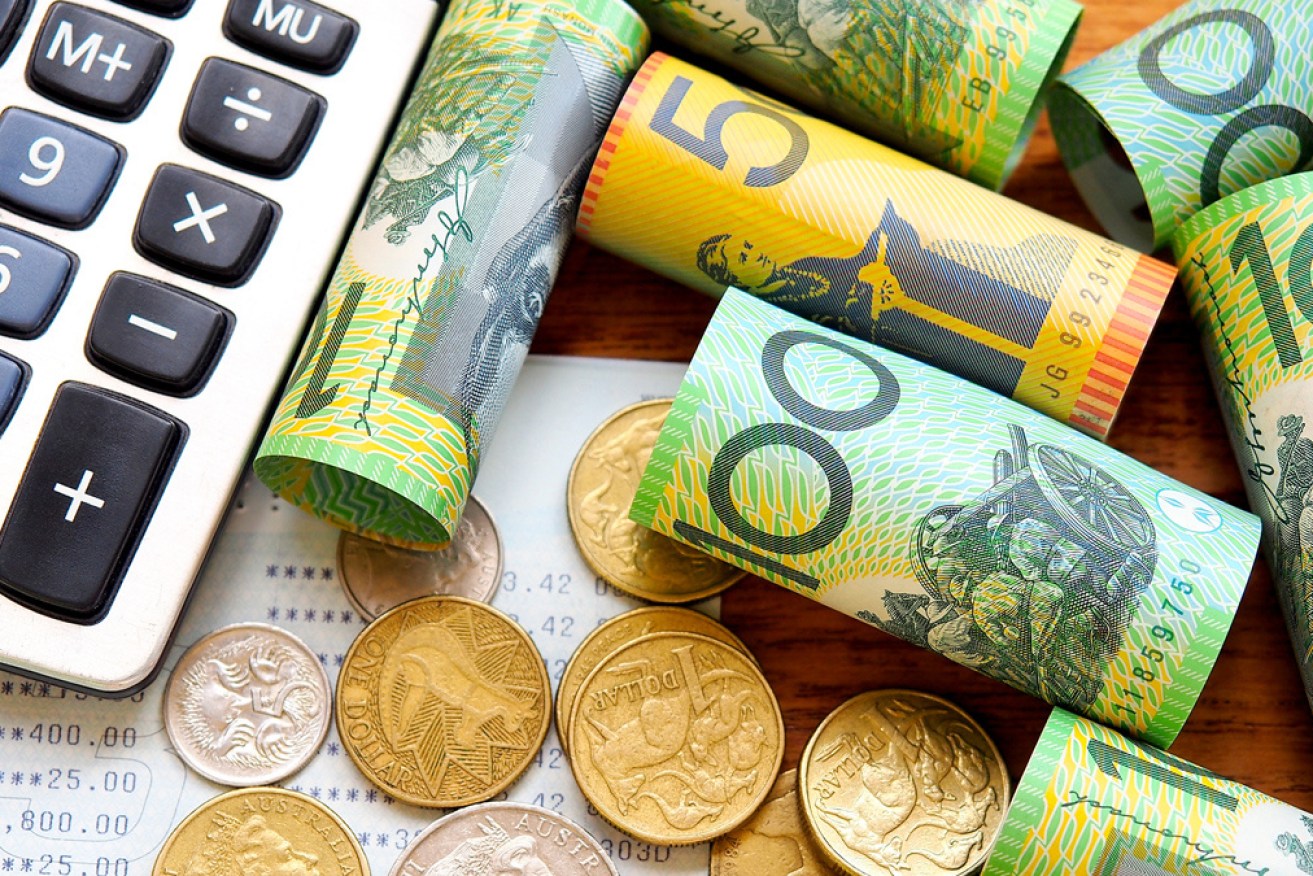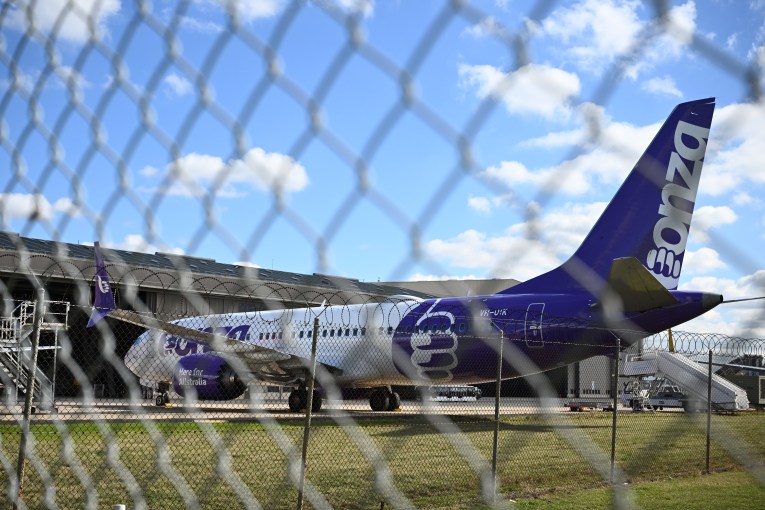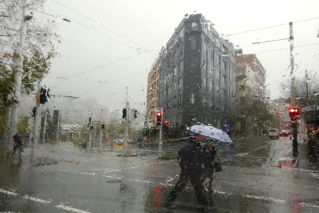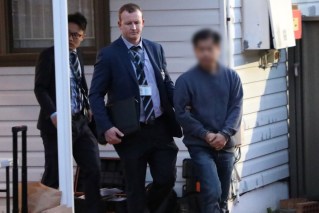‘Scary premonition’: ACOSS report highlights increasing Australian wealth inequality

Average household wealth has exceeded $1 million for the first time amid increasing inequality. Photo: Getty
Australia’s richest households earn almost six times more than its poorest and have amassed 90 times more wealth, a report shows.
Average household wealth has exceeded $1 million for the first time, but the distribution of wealth across the nation is deeply unequal, according to research from the Australian Council of Social Services and University of New South Wales.
The report, released on Wednesday, is based on 2017-18 figures.
ACOSS chief executive Cassandra Goldie says it is a scary premonition of the level of wealth inequality the country will reach during the COVID-19 pandemic.
The truth about wealth inequality in Australia – the wealthiest 20% hold two-thirds of all household wealth (64%), MORE THAN ALL OTHERS COMBINED says new @ACOSS @SPRC_UNSW report https://t.co/tQrpK2rdoU #RaiseTheRateForGood #InequalityinAust pic.twitter.com/onDV3RYnBh
— ACOSS (@ACOSS) September 1, 2020
“Even before this crisis the highest 20 per cent of households had nearly six times the income of the lowest 20 per cent, and the average wealth of the top 20 per cent was some 90 times that of the lowest 20 per cent,” she said.
Fresh GDP figures announced on Wednesday showed the nation had entered a recession as a result of the lockdowns to suppress the COVID-19 pandemic, its first since the early 1990s and its deepest since the 1930s Great Depression.
The executive director of Anglicare Australia, a partner of ACOSS, says the report also showed people on the lowest incomes had almost no savings or assets to weather a crisis.
New @ACOSS @SPRC_UNSW report shows increasing wealth inequality – the wealth of highest 20% grew by 160% to $3,255,000 in 2017 and is 90 times that of the lowest – $36K https://t.co/tQrpK2rdoU #Auspol #RaiseTheRateForGood #InequalityinAust pic.twitter.com/RRQ07KmGWo
— ACOSS (@ACOSS) September 1, 2020
Kasy Chambers says that means the pandemic will push wealth inequality to eye-watering heights if much-needed social supports don’t remain in place.
“1.6 million Australians are now out of work. Many more are at risk of their losing jobs, and some will never go back to full-time hours,” she said in a statement.
“They will be recovering from this pandemic for months and years to come. They need certainty.”
How does your personal and household income compare with other people in Australia? Check out our handy personal income calculator https://t.co/Xjanp8Tkw0 #RaiseTheRateForGood #InequalityinAust pic.twitter.com/vahv359WKH
— ACOSS (@ACOSS) September 1, 2020
St Vincent de Paul Society and Anglicare Australia, both partners of ACOSS, have joined the organisation in calling for a permanent increase to the unemployment JobSeeker payment.
“There are many things we can’t control right now, but what we can control is ensuring people on the lowest incomes have enough to get by and rebuild their lives,” Dr Goldie said.
-AAP








